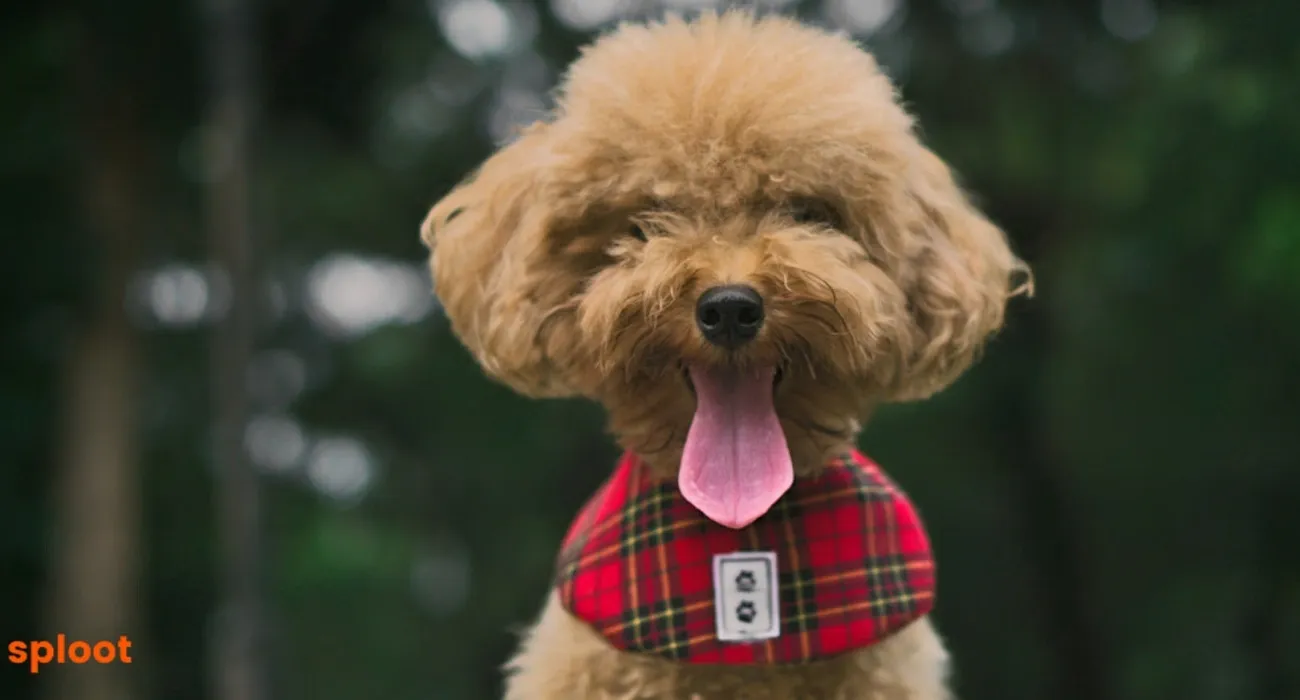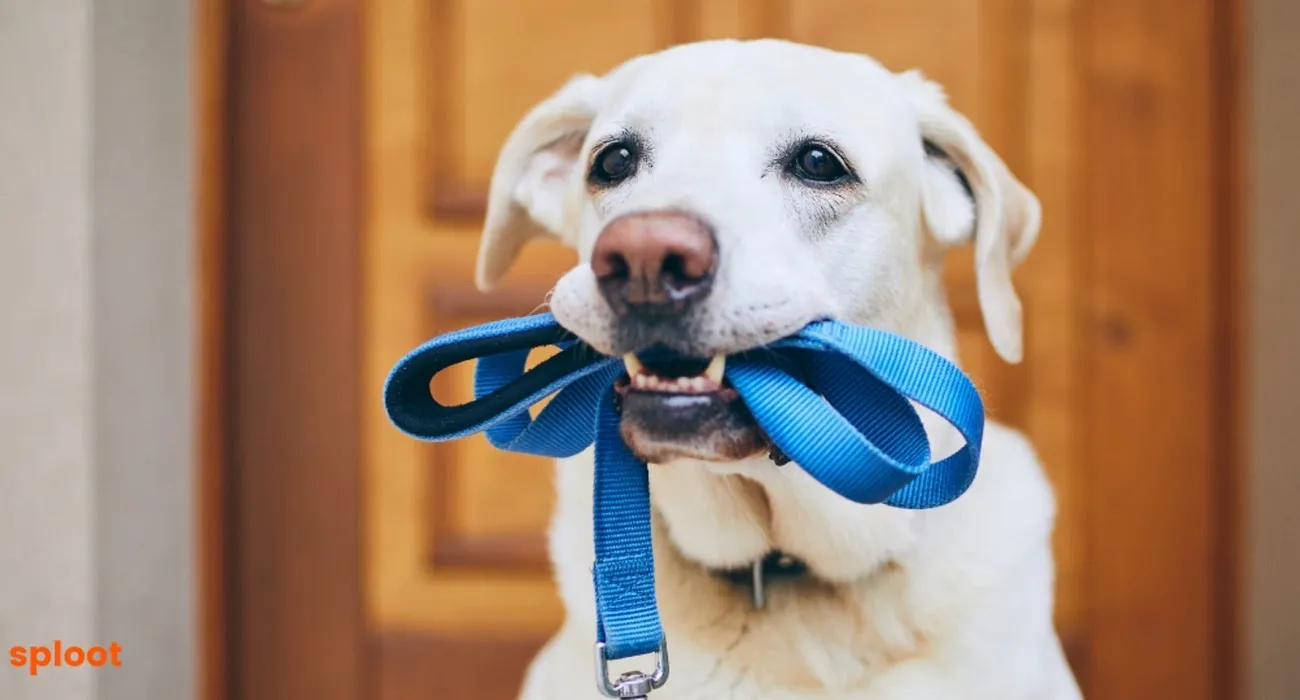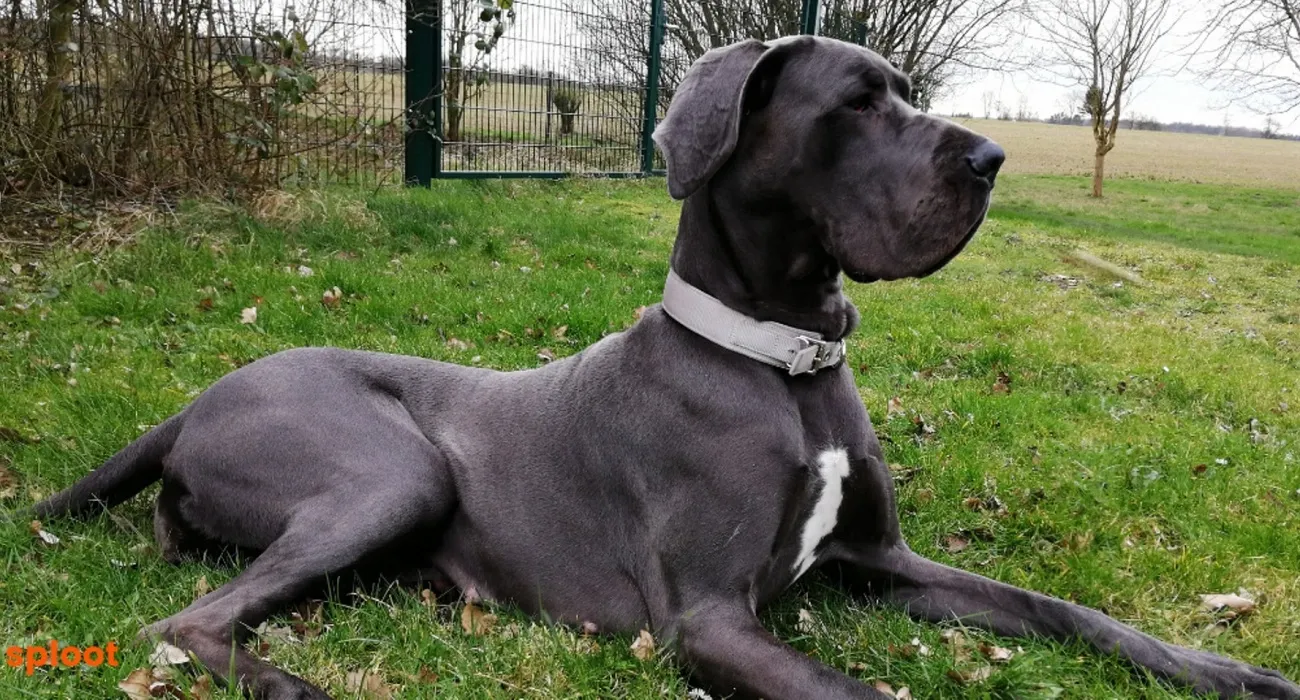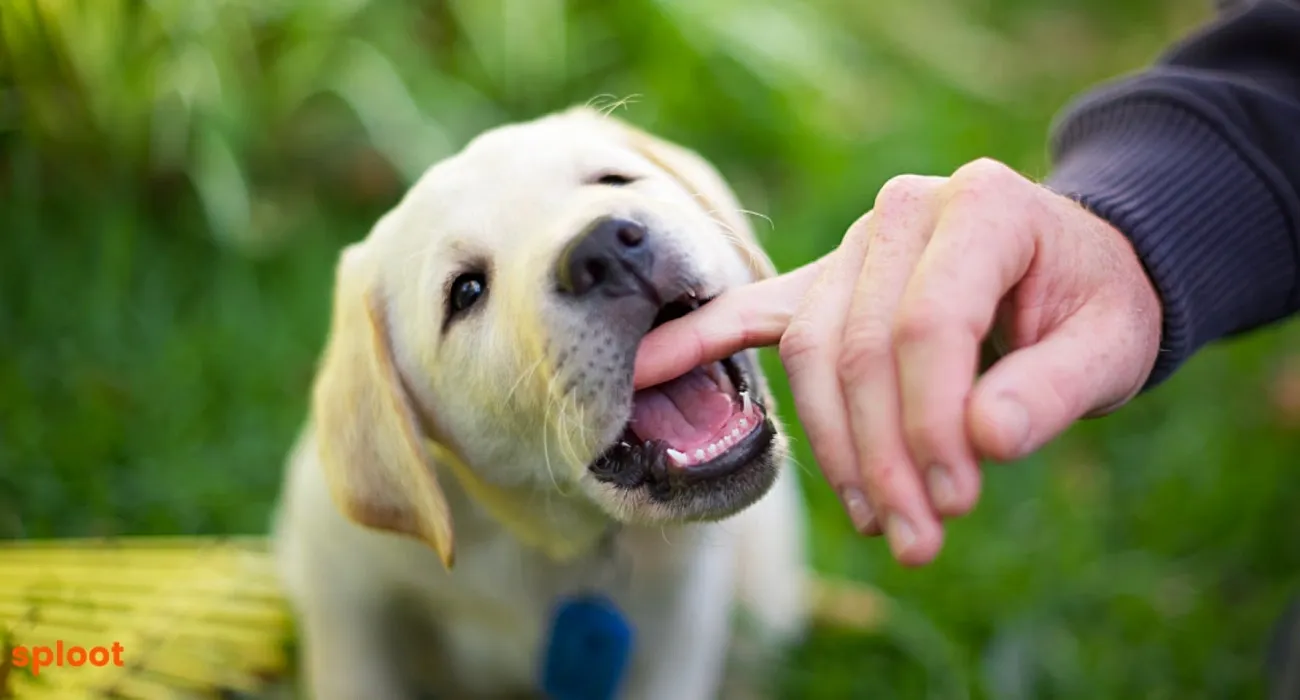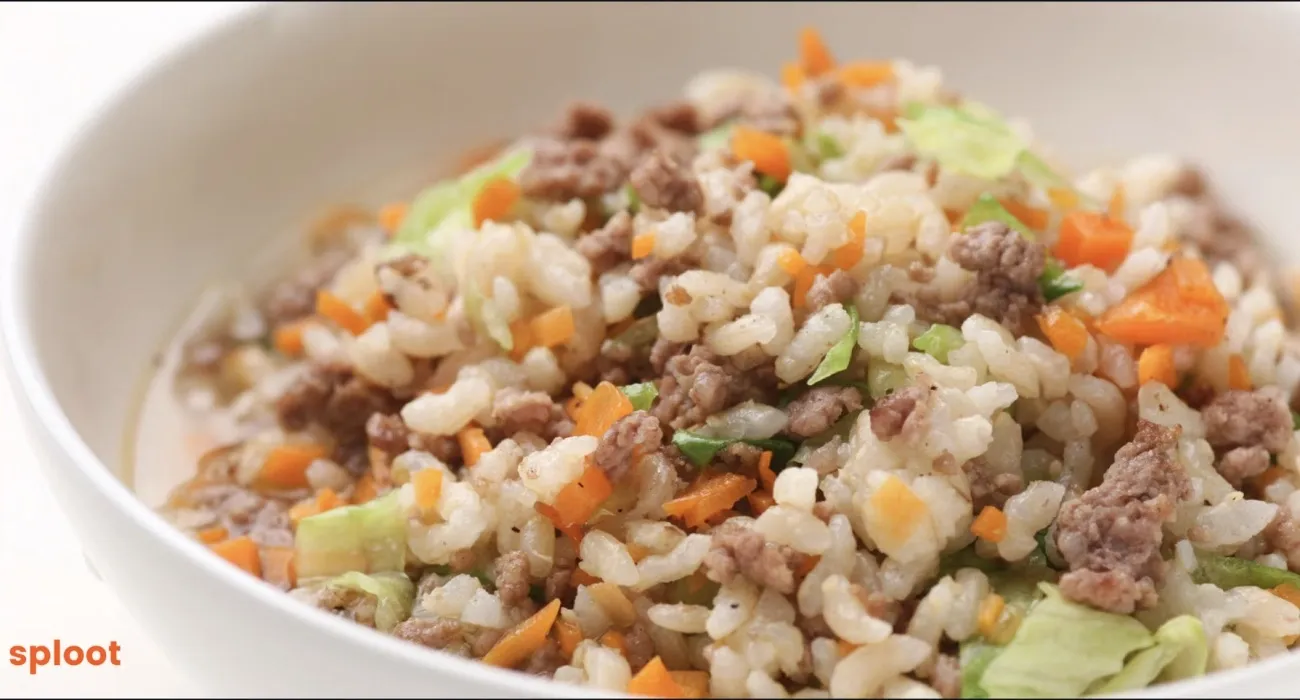The Toy Poodle is one of the most popular dog breeds, cherished worldwide for its intelligence, elegance, and hypoallergenic coat. Whether you are a prospective dog owner or a curious enthusiast, understanding the attributes, care requirements, and characteristics of Toy Poodles can help you appreciate this remarkable breed more deeply. This comprehensive guide covers everything from the basics of Toy Poodle puppies to the nuances of their temperament and care.
Introduction to Toy Poodles
Origin and Breed Overview
Originally bred in Germany for retrieving waterfowl, Poodles have long been esteemed for their intelligence and agility. The Toy Poodle, specifically, was developed in France to serve as a companion pet for the nobility and royalty. Standing no more than 10 inches tall, the Toy Poodle is the smallest of the three recognized Poodle sizes, which also include Standard and Miniature.
Physical Characteristics
Toy Poodle Height and Weight
The Toy Poodle is compact, with a height at the shoulder typically ranging from 9 to 10 inches. They are light, weighing between 4 to 6 pounds when fully grown, making them an ideal size for a lap dog.
Coat and Colors
Toy Poodles are famous for their curly, dense coats that come in various colors including white, black, red, brown, and apricot. Their unique fur is relatively easy to maintain but does require regular grooming to prevent mats and tangles.
Lifespan
With proper care, Toy Poodles can enjoy a long lifespan, typically ranging from 12 to 15 years. Some can even live into their late teens with exceptional care.

Temperament and Personality
Toy Poodles are known for their sharp intelligence and are often cited as one of the smartest dog breeds. They are eager to please and can be trained to perform numerous tricks and tasks. Despite their small size, they have a lively spirit and love to play.
Behavior Traits
Toy Poodles are sociable and affectionate with family members but can be reserved around strangers. They make excellent watchdogs as they are alert and vocal without being overly aggressive.
Compatibility with Families
Toy Poodles are well-suited to a variety of living situations, including apartments. They are particularly good for families with allergy sufferers due to their hypoallergenic coat. However, due to their delicate size, families with very young children should supervise interactions to ensure the safety of the dog.
Health and Care
Dietary Needs
Like all breeds, Toy Poodles thrive on a balanced diet. High-quality dog food appropriate for their age, size, and activity level is essential. Since they are prone to dental issues, dry kibble can help maintain dental health.
Exercise Requirements
Despite their petite size, Toy Poodles are energetic and require regular exercise to stay healthy and happy. Daily walks, along with some play sessions, are sufficient to meet their physical needs.
Common Health Issues
Toy Poodles are generally healthy, but like all breeds, they are prone to certain health conditions. These can include hip dysplasia, epilepsy, and von Willebrand's Disease, a blood clotting disorder. Regular check-ups with a veterinarian can help catch and manage these issues early.
Grooming and Maintenance
Toy Poodles require regular grooming to keep their coat in good condition. This includes brushing several times a week and professional grooming every 4 to 6 weeks. Regular ear cleaning and nail trimming are also necessary to prevent health issues.
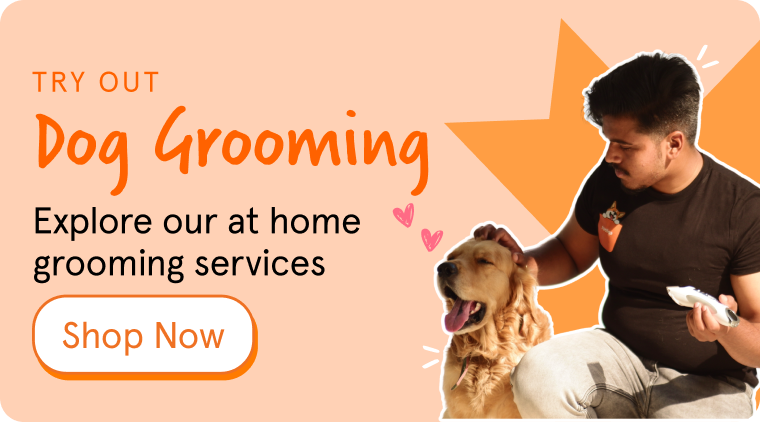
Training and Socialization
Early socialization and obedience training are vital for Toy Poodles. They respond well to positive reinforcement techniques such as treats and praises. Training should begin early to harness their intelligence and eagerness to learn.
Why Choose a Toy Poodle?
Toy Poodles are more than just companion animals; they are loyal friends, excellent watchdogs, and versatile performers. Their small size makes them excellent pets for city dwellers, while their friendly nature makes them great companions for older children and adults alike.
Buying or Adopting
Whether to buy or adopt a Toy Poodle is an important decision. Prospective owners should consider adopting from shelters or rescuing as viable alternatives to buying from a breeder. If purchasing a puppy, ensure it is from a reputable breeder who conducts health clearances and breeding with the dog’s best interests at heart.
Conclusion
The Toy Poodle is a delightful breed that suits various lifestyles and preferences, making it an excellent choice for many families. Their intelligence, manageable size, and affectionate nature make them not just pets but beloved members of the family. If you’re considering a Toy Poodle, prepare for a rewarding relationship filled with love and lively companionship.


